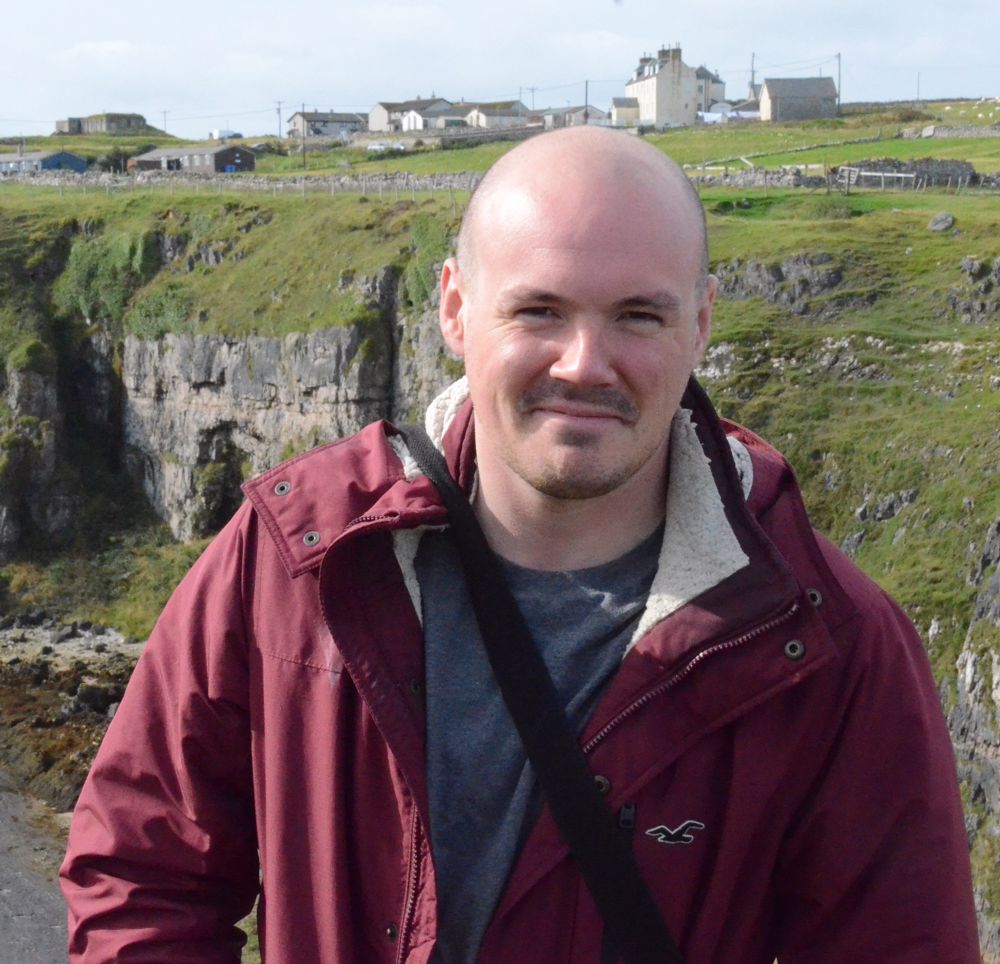Safety is my job
Dan, what are the chief responsibilities in your current role?
I am responsible for planning and participation in hazard studies at all stages of asset life. I drive the development of ALARP arguments to justify safe operations at Prax Lindsey Refinery and propose additional risk reduction measures where “reasonably practicable” to do so. I also lead risk assessments for situations where we find ourselves in compromised situations (e.g. loss of a safety critical barrier).
Finally, I have led the re-design of the refinery’s safety management system performance indicators, with increased automated data collection and interactive dashboards.

Can you describe an average week?
A very enjoyable aspect of my job is being able to employ a broad range of skills, using my knowledge of explosion science to understand a major accident hazard scenario or probability theory to develop quantified risk assessments.
Process safety offers great opportunities to work in multi-discipline teams, and every week I am engaging with a wide range of engineering disciplines as well as colleagues in competence assurance and human resources. Working with so many different specialists makes every day interesting.
Is there an achievement in Process Safety that has given you satisfaction?
Even as a safety engineer I don’t always find safety studies such as HAZOPs entertaining. However systematically identifying all potential hazardous scenarios and ensuring that sufficient protection is in place leaves me with the feeling I have done my duty as a responsible engineer.
I have also greatly enjoyed developing new safety management system dashboards, as it has allowed me to develop and use my programming skills – I have always been a bit of a computer geek…!
What skills and experience have been key to your achievements in Process Safety?
In addition to technical skills the ability to communicate effectively (verbally and in writing) is key to success as an engineer. You need to be able to clearly articulate your points and arguments, to ensure your discipline is heard as part of a wider team of engineers.
Can you outline the skills needed as we move towards ‘Net Zero’?
The energy sector faces a huge transition to achieve “net zero”. There are many exciting new technologies under development, and these will filter into our society at an ever increasing pace. Whilst these technologies come with their inherent hazards, we should use the opportunity to practice inherent safety and design out as many of these hazardous scenarios as possible.
Do you have any advice for an engineer who wants to work in Process Safety?
Keep it simple! With ever more reliance on numbers to demonstrate tolerable risk levels, I worry that we are often forgetting that we are trying to achieve ever safer processes. To avoid uncomfortable moments in the workplace, don’t let others, or more importantly yourself, compromise on your values. This way, you and your colleagues go home at the end of the day with the knowledge that you did all you could to protect your workforce and the wider society.